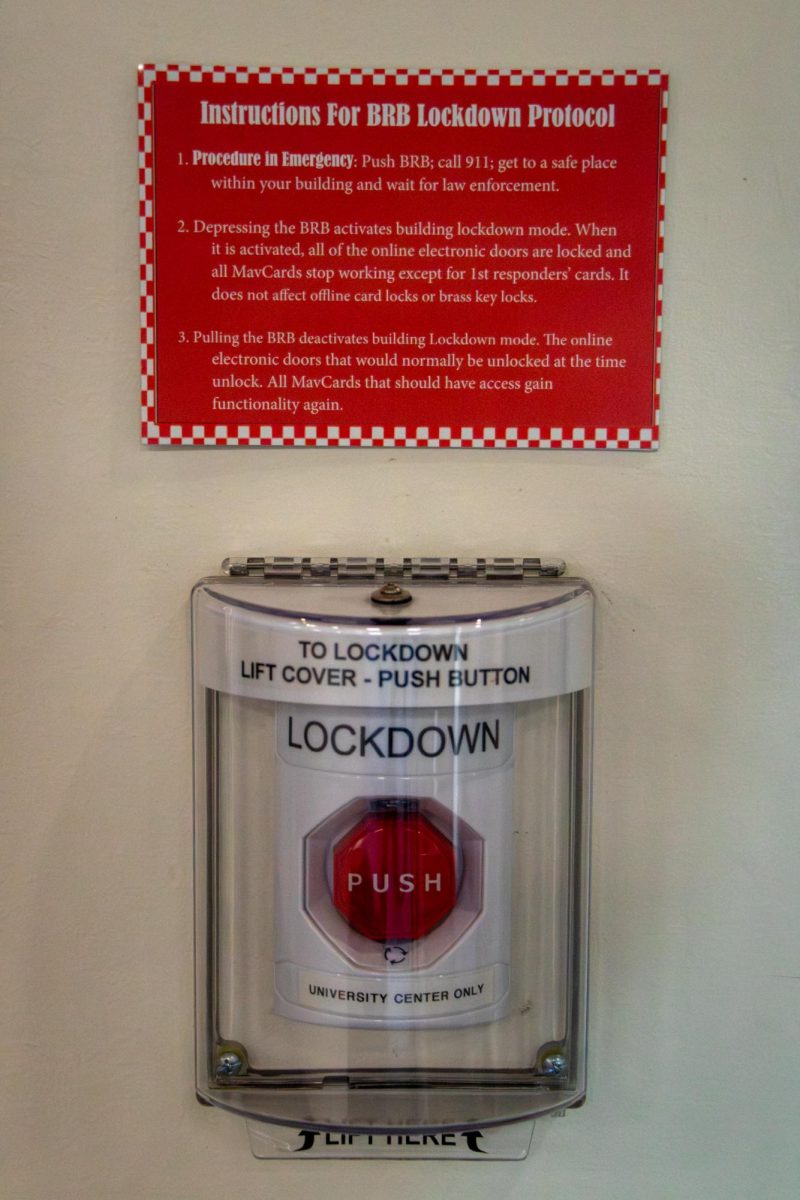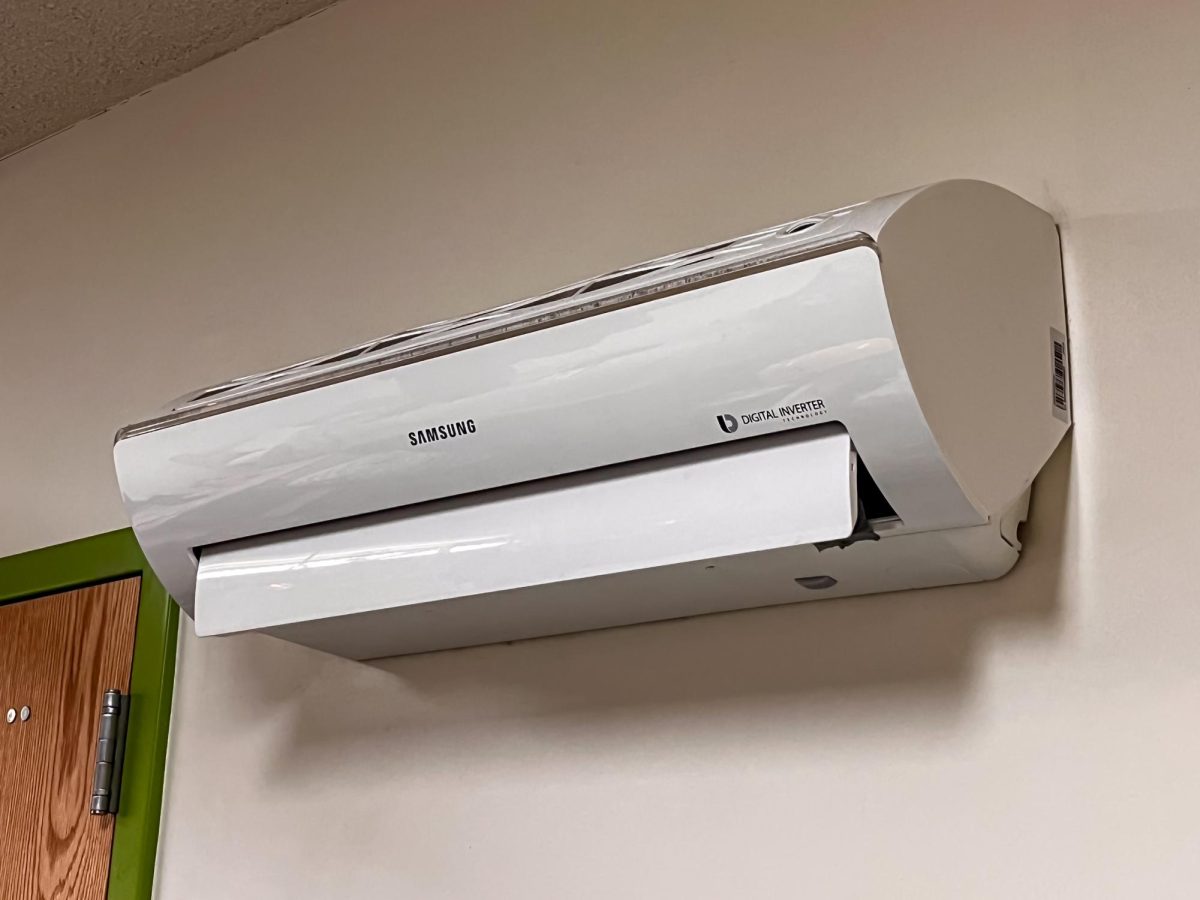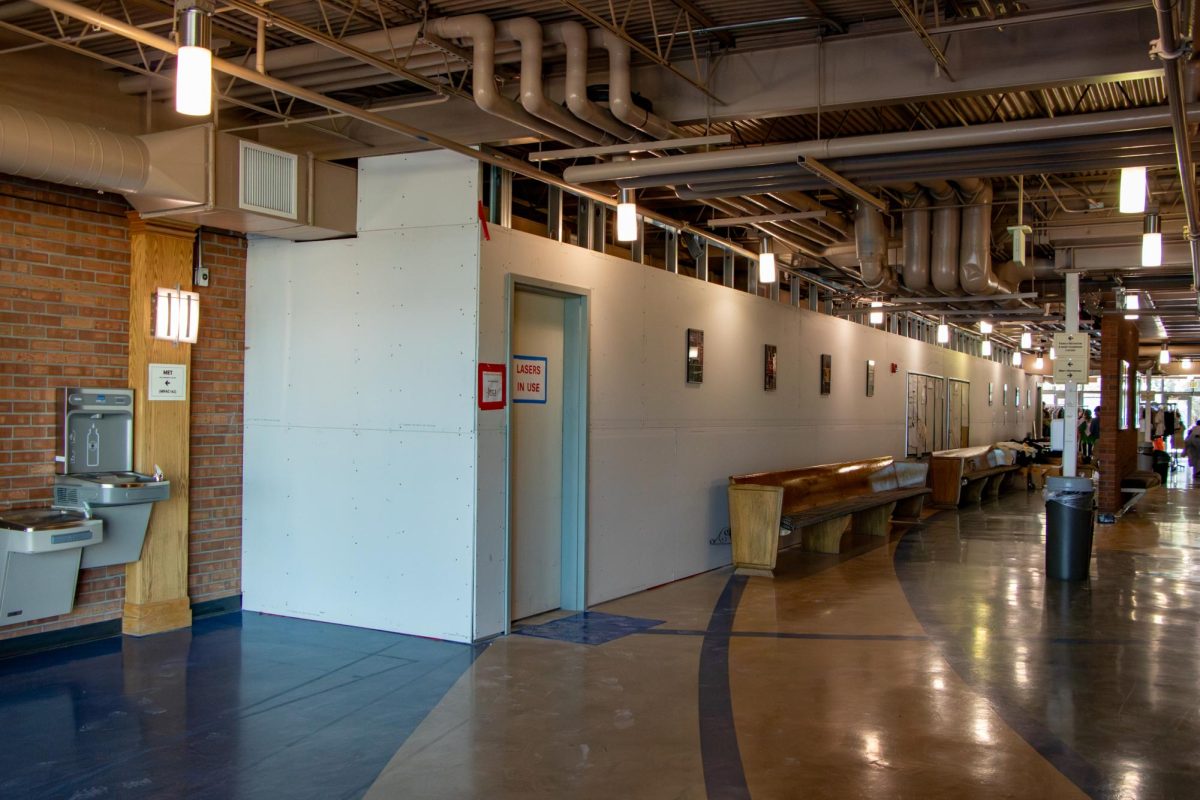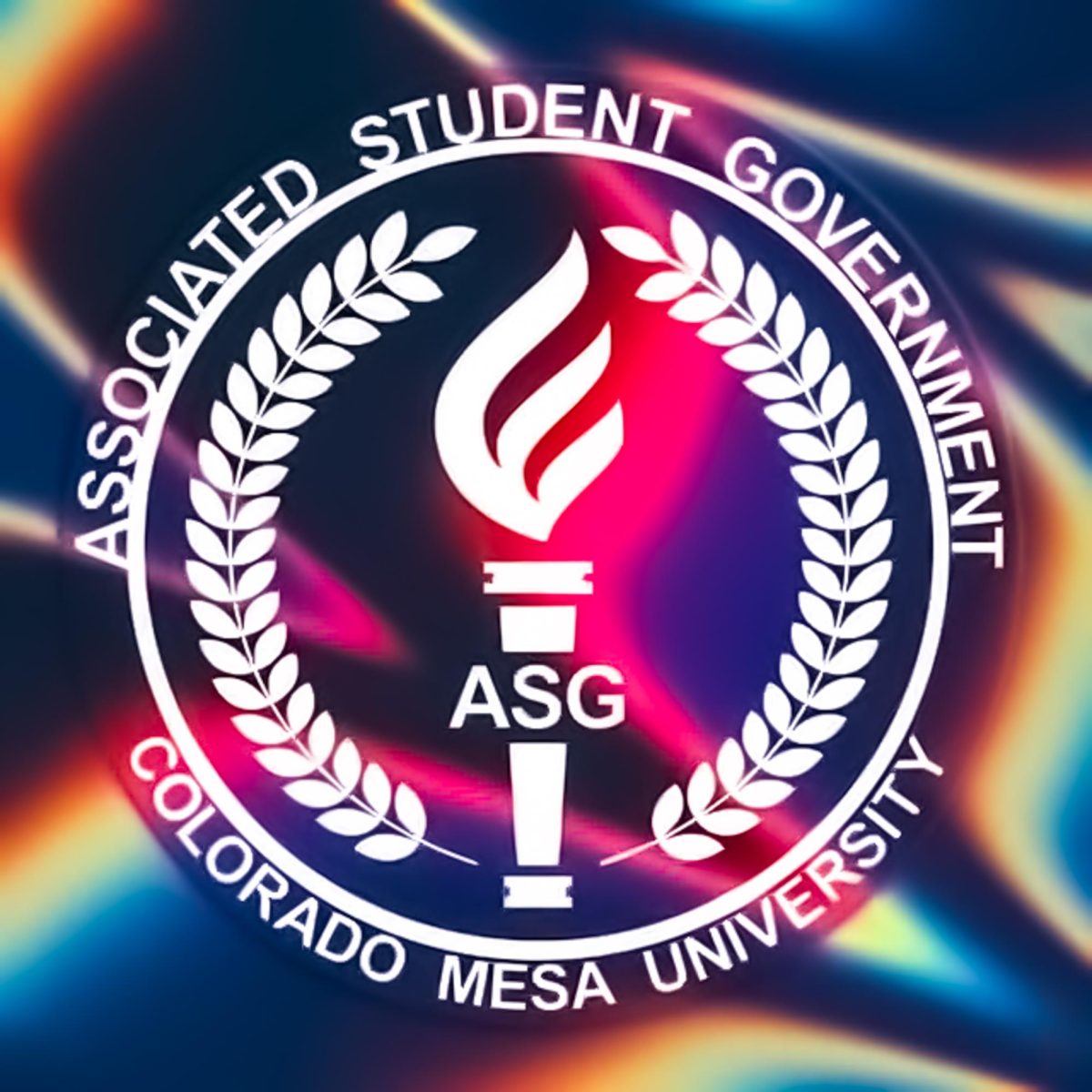MavsAsk, CMU’s National Alliance on Mental Illness (NAMI) and Suicide Prevention Awareness Task Force (SPAT) worked together to host Hakeem Rahim, an advocate for mental health awareness to speak on campus last Wednesday.
This is Rahim’s second appearance on campus, and he was invited back to Grand Junction again as a part of his “I Am Acceptance Tour.”
“We were really excited to have him come back to campus and he’s here to help us bring down stigmas and bring awareness to mental health and encourage students to skew help for themselves and their peers,” Kate Simonds, Student Health Coordinator and Prevention Specialist, said.
Rahim shared his story as an undergraduate student at Harvard University, where he described his struggles and discovered his diagnosis of bipolar disorder. He now uses his personal experience as a survivor and a person affected by mental health to let others know that it is okay to being diagnosed with a mental health illness, and that there is help available. The presentation started with a poem he wrote, and was followed by the definition of mental health.
“Mental health is something completely different from mental illness,” Rahim said. “It’s important to recognize the difference between the two.”
He later went into depth about common disorders, stating anxiety was the number one mental illness amongst people in the United States, followed by depression.
Rahim interacted with the crowd by allowing for feedback and questions during his presentation. He would relay different signs of depression, such as hopelessness, and students were asked to snap if the example was relevant to them.
“Everyone has experienced these feelings, but it doesn’t mean that you are clinically depressed,” Rahim said. “It’s okay to feel down sometimes.”
The presenter also asked student to repeat after him, where he would recite a statement and have the audience echo.
“Say ‘it’s okay,’” Rahim said. “There is no shame.”
The audience engaged and participated throughout the talk.
“I saw him two years ago, his first time at Mesa, and that really impacted my life in a positive way,” Georgia McClellan, peer educator for Student Wellbeing,
said. “It was really cool for me to help him come back to campus and impact other kids lives.”
Different on-campus clubs, such as MavsAsk, NAMI and SPAT hosted booths before and after the event as a resource for students to reach out and gather more information about services and programs available.
“I think coming into it, people were her for extra credit, but I know that a lot of them left with less stigma against mental illness,” McClellan said. “If there were students here that were struggling with a mental illness personally, they’re aware of the service on campus and that they can be supported.”







